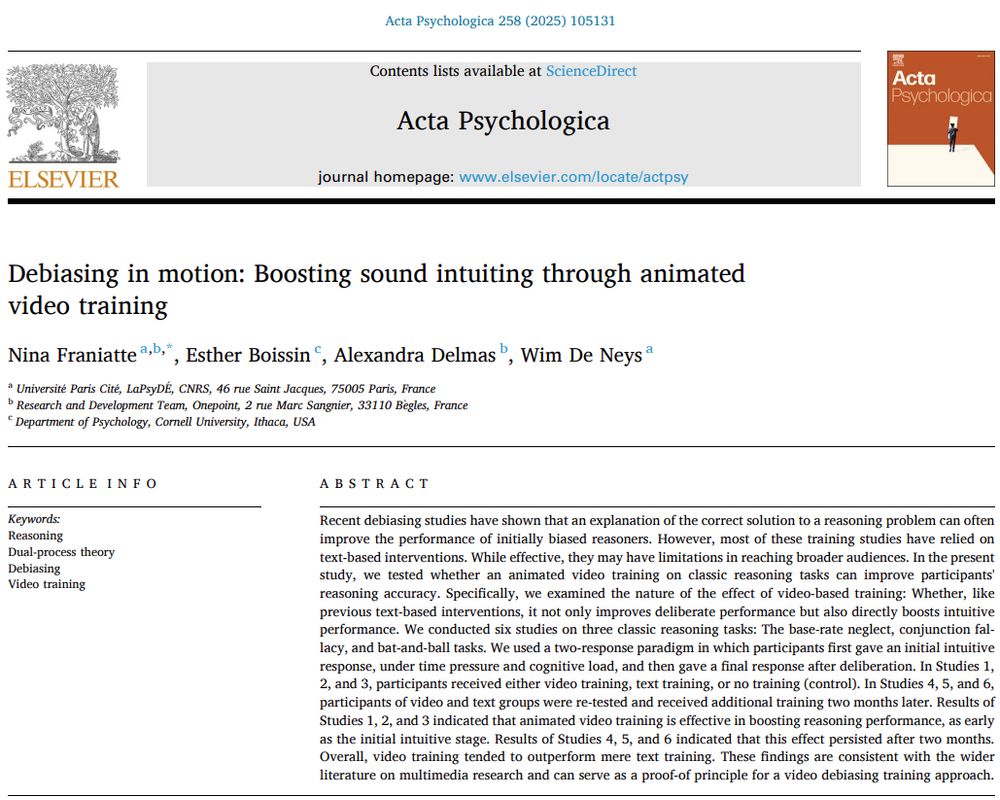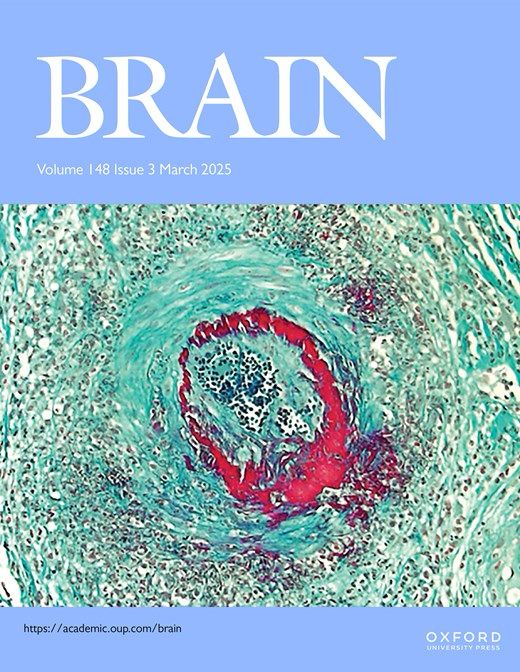Wim De Neys
@wimdeneys.bsky.social
330 followers
110 following
34 posts
Psychological scientist @ CNRS & University of Paris
Posts
Media
Videos
Starter Packs
Reposted by Wim De Neys
Reposted by Wim De Neys
Reposted by Wim De Neys
Wim De Neys
@wimdeneys.bsky.social
· Jul 12
Wim De Neys
@wimdeneys.bsky.social
· Jun 19
Reposted by Wim De Neys
Wim De Neys
@wimdeneys.bsky.social
· May 8
Wim De Neys
@wimdeneys.bsky.social
· May 8
Wim De Neys
@wimdeneys.bsky.social
· May 8
Wim De Neys
@wimdeneys.bsky.social
· Mar 4
Wim De Neys
@wimdeneys.bsky.social
· Feb 18
Wim De Neys
@wimdeneys.bsky.social
· Feb 18
Wim De Neys
@wimdeneys.bsky.social
· Feb 18
Wim De Neys
@wimdeneys.bsky.social
· Feb 18
Reposted by Wim De Neys
Wim De Neys
@wimdeneys.bsky.social
· Jan 4









